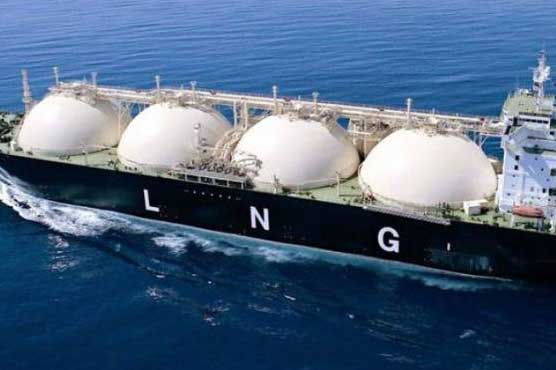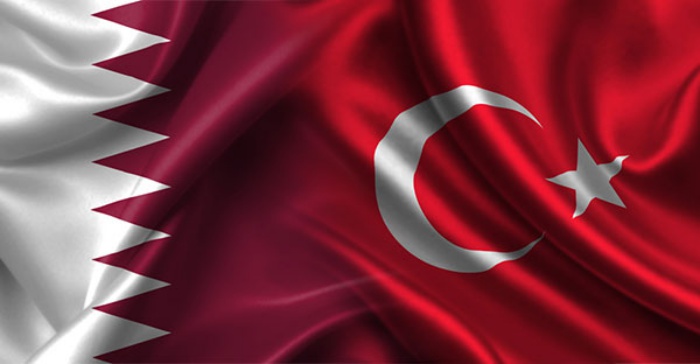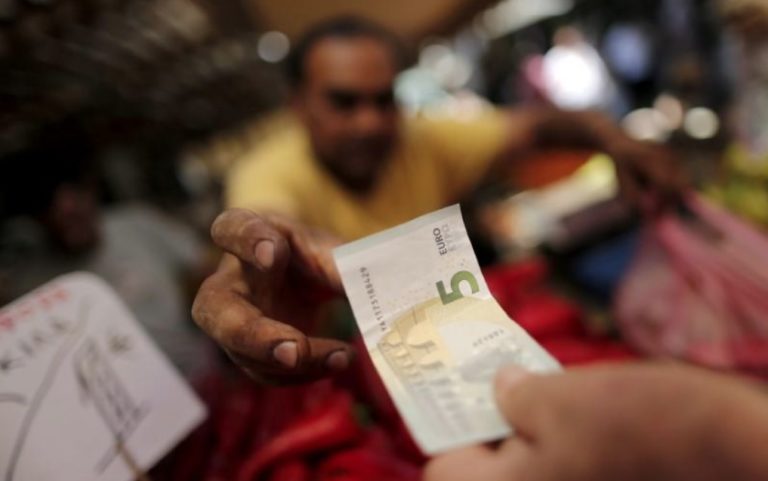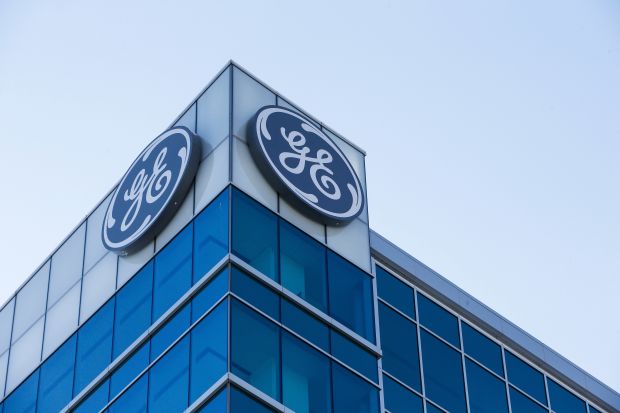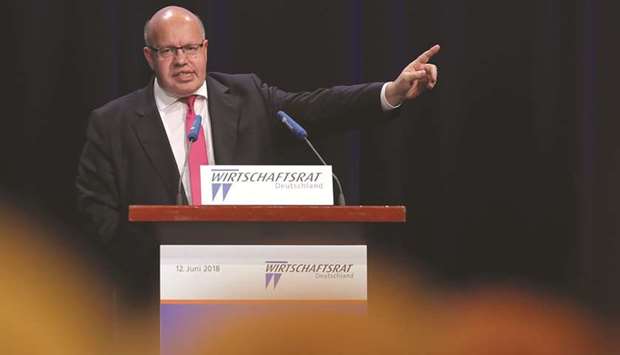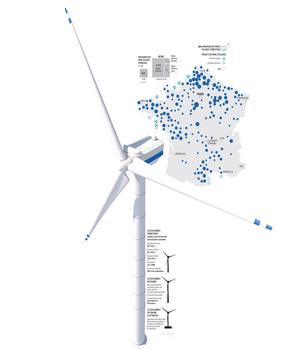Novatek starts Yamal’s 2nd LNG train, sends condensate to Mideast

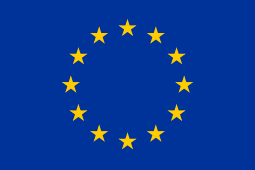
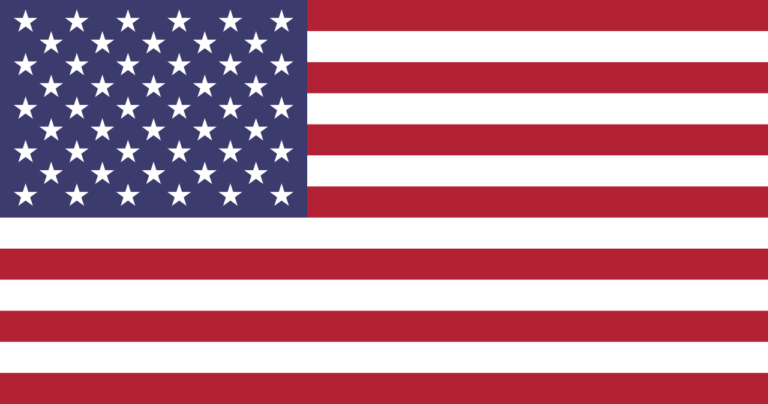
Russia’s Novatek has launched a second liquefi ed natural gas (LNG) production train at its plant on the Yamal peninsula ahead of schedule, as Moscow tries to become a signifi cant global player on the super- cooled-gas market. Novatek, which controls Yamal LNG in which France’s Total along with Chi- na’s CNPC and the Silk Road Fund are minority shareholders, said the launch was made six months ahead of its ini- tial schedule. Yamal ships LNG to Asia and Eu- rope. Along with LNG, the Yamal plant is producing gas condensate, a type of light oil, which can replace some Iranian supplies to Middle East- ern companies as the US reimposes sanctions on Tehran, trading sources said. The second LNG train’s annual ca- pacity is 5.5mn tonnes, which will dou- ble Yamal’s output. Novatek is also building a third production train which is expect- ed to be launched next year, rais- ing annual LNG output to 16.5mn tonnes. Novatek’s chairman and co-owner Leonid Mikhelson said yesterday that the two Yamal LNG trains represent around 3.5% of the global LNG market, a growing area for the world’s energy producers.
“Our strategic goal is to produce between 55mn and 60mn tonnes an- nually by 2030,” Mikhelson said in a statement. Novatek is also planning to launch its second LNG plant, Arctic LNG-2, after 2020. The launch of the second LNG train comes just days after China proposed tariff s on US liquefi ed natural gas, wid- ening the trade war between the two countries. In July, Novatek delivered the fi rst LNG cargo to China via the Northern Sea Route alongside the Arctic coast, which drastically cuts delivery time to Asia. CNPC plans to start lifting at least 3mn tonnes of LNG from Yamal from 2019. At its peak, Yamal will produce over 1mn tonnes of gas condensate a year and Novatek has ordered special ves- sels for these shipments. In the fi rst six months of the year, Novatek, which is Russia’s largest pri- vate gas producer, shipped 234,000 tonnes of Yamal condensate, selling the fi rst cargo to commodities trader Vitol via a tender earlier this year. According to Reuters data and two trading sources, Emirates National Oil Company (ENOC) has bought around 37,000 tonnes of condensate via a ten- der from Yamal — that cargo was load- ed on a tanker at Yamal’s Sabetta port at the end of July.
Iran has been one of the key gas condensate suppliers to ENOC but further exports could be complicated with sanctions due to be reimposed on Iran’s energy sector on November 4. One of the trading sources said he believed that ENOC was making a test purchase of the Yamal conden- sate ahead of the sanctions coming into force.
